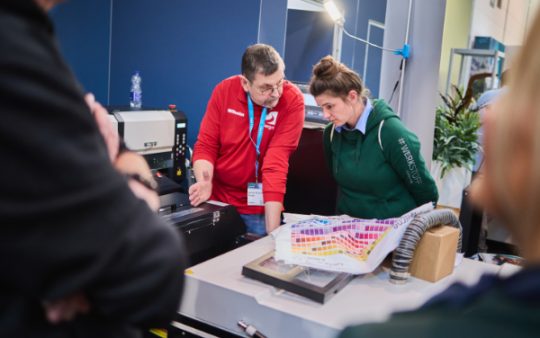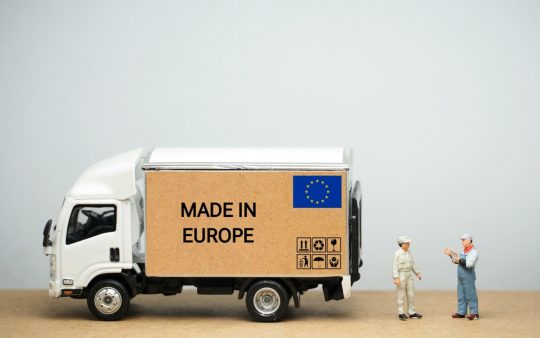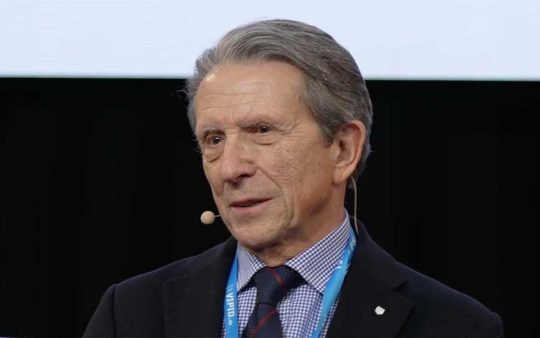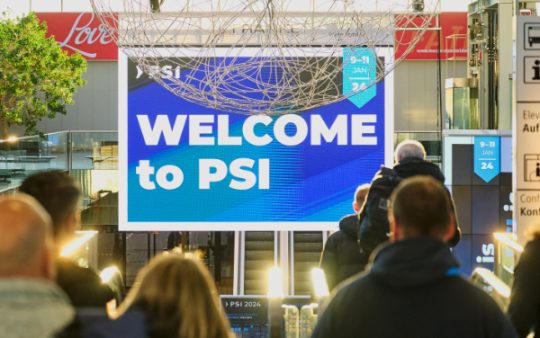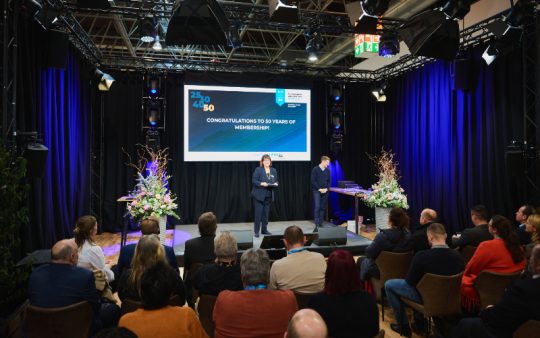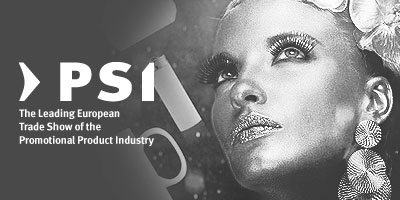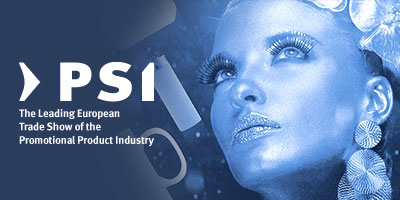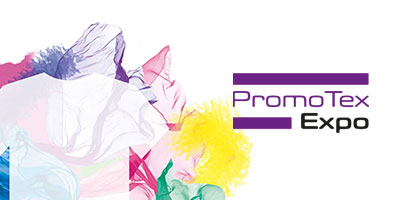No more glitter?

Published on 30.11.2023
Editorial by Manfred Schlösser, Editor-in-Chief of PSI Journal
The world, or at least the European one, is to become free of microplastics. Since mid-October, the first stage of this process was reached, with a ban on products containing added microplastics. This applies to glitter in make-up and cosmetics, decorations and toys: primarily loose glitter that can detach from products. The result: In some drugstores and craft shops, the shelves are empty of glittery products, and hoarding is once again the order of the day.
There is a huge uproar on social media. Influencers, as well as show dance groups and craft shops, are up in arms, while others are clarifying the situation. As is so often the case, the response is dismissive: “That won’t help” and “It’s always the weakest who suffer”, or even more aggressively “European dictatorship”. Pointing the finger at others who are even worse is a popular diversionary manoeuvre.
Around 21 million tonnes of microplastics are already floating around our oceans. Scientists have identified 7000 plastic particles per cubic metre of water. The amount of primary microplastics used, i.e. substances that are deliberately introduced into use, is 145,000 tonnes in the EU. Two thirds of this primary pollution is in the form of granulate on Europe’s artificial turf pitches and is gradually being released into the environment. Even if some of the figures in this whole area are exaggerated or trivialised, depending on the institute and definition, the situation is a wake-up call for everyone who cares about sustainability and the environment. The world seems to have caught on: Representatives from 170 countries recently met in Nairobi to get a grip on the issue of plastic waste.
The promotional product industry, especially its manufacturers and importers, will also have to take a close look at which products, with which content, are included in their range, both now and increasingly in the coming years. The glitter ban is just the beginning of a series of restrictions that will follow in the coming years. Direct imports are likely to become increasingly risky for retailers if competent and professional testing is not guaranteed. In addition, industrial customers are likely to be increasingly scrupulous when it comes to the products in question. The positive effect of all these measures: There has never been so much research into alternative products as there is today. In spite of all the responsibilities we bear, and also in view of the current major problems in the world – let us nevertheless enjoy the days leading up to Christmas and prepare ourselves for a happy festive season. I wish you many wonderful hours and days with your loved ones.
Manfred Schlösser, Editor-in-Chief PSI Journal
You can read a detailed article on the topic of the problem of microplastics in the December issue of the PSI Journal.

